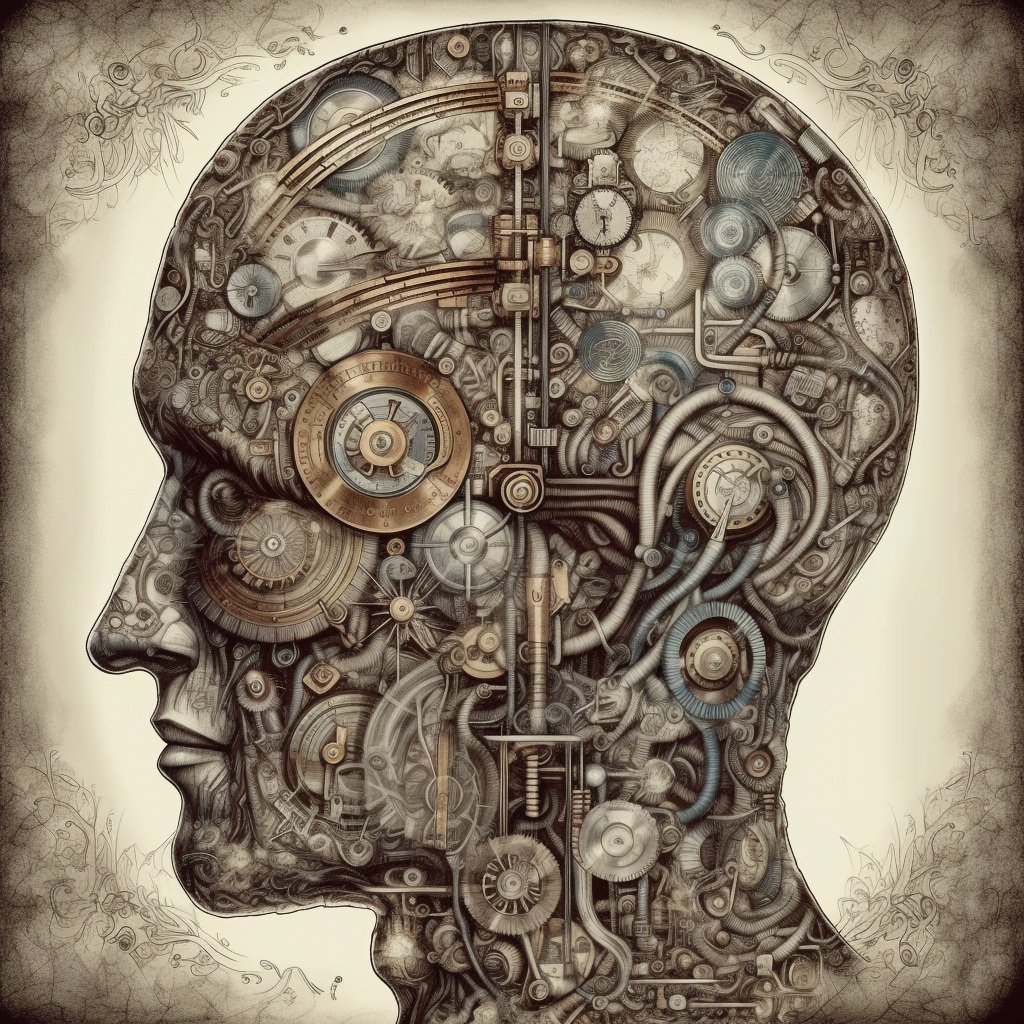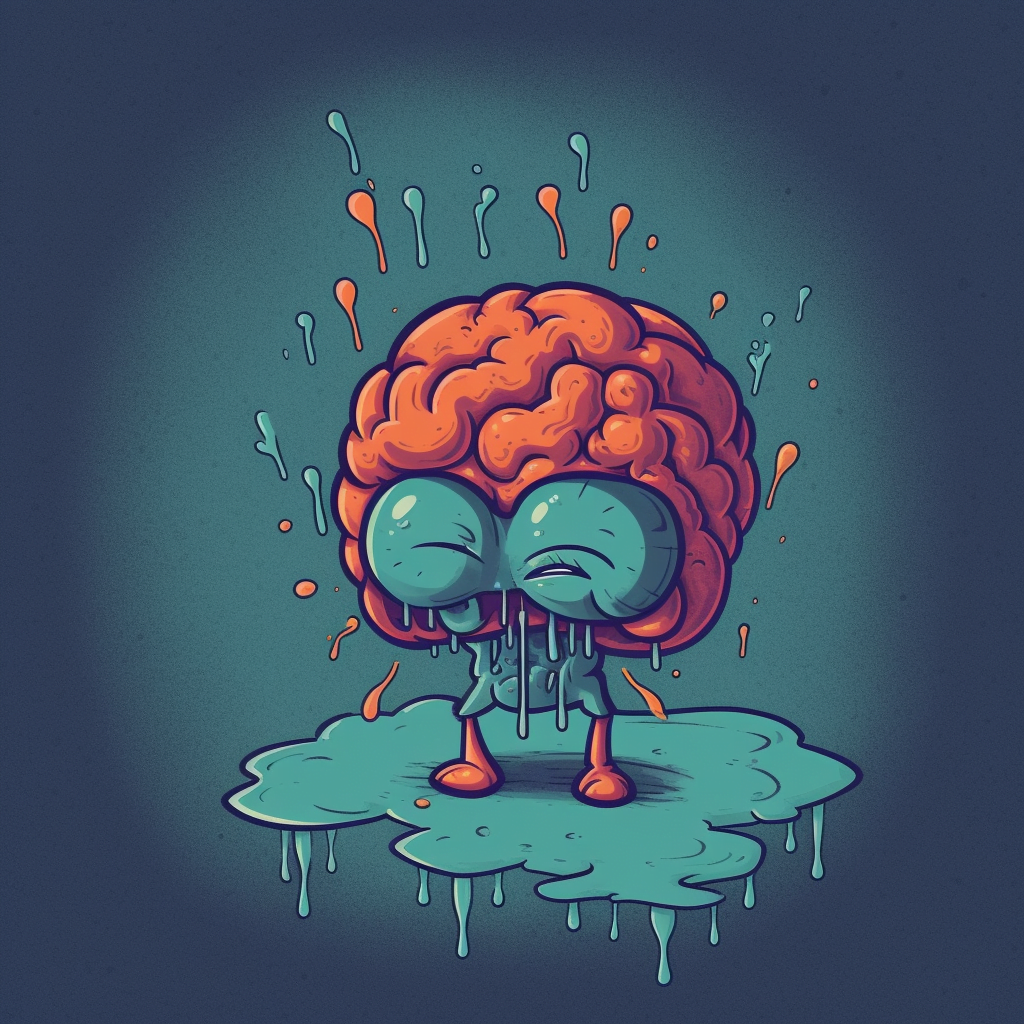
Organic solidarity is the idea that as a society advances in complexity and industrialization, the interdependence among people greatly increases. When jobs become more specialized, people necessarily have to depend on each other’s expertise more and more. The idea first came out in a book by Emile Durkheim in The Division of Labor in Society way back in 1893.
Imagine making a pencil yourself. Seriously, it is incredibly difficult to do. As the great economics essay, I, Pencil said:
“PENCIL: Actually, millions of human beings have had a hand in my creation, no one of whom even knows more than a very few of the others. There isn’t a single person in all these millions, including the president of the pencil company, who contributes more than a tiny, infinitesimal bit of know-how.”
The idea is there are so many tiny aspects to a pencil coming from experts and factories all over the world, that no one person can truly make a modern-day pencil all by themselves. This is an example of organic solidarity.
The Recipe for Organic Solidarity Soup
Organic solidarity is like a flavorful soup made up of various ingredients, each one contributing to the overall taste. Just like in a soup, when people come together with their unique skills, a perfect blend is created that satisfies everyone’s needs.
From Mechanical to Organic: A Caterpillar Becomes a Butterfly
To understand organic solidarity, it’s important to know about its counterpart, mechanical solidarity. Mechanical solidarity is like a caterpillar, where the members of a small, less complex society share the same beliefs, customs, and values. They rely on their similarities to form social bonds.
Organic solidarity is the transformation of that caterpillar into a beautiful butterfly. As societies grow, they become more intricate and diverse. This diversity creates a network of interconnected roles and responsibilities, just like the many colors and patterns found on a butterfly’s wings.
The Glue That Holds Societies Together
Organic solidarity is the glue that holds modern societies together. As societies become more complex, the need for a strong bond between members increases. Organic solidarity is the adhesive force that keeps everything running smoothly, ensuring that the gears of the societal machine mesh together without a hitch.
The Orchestra of Interdependence
Organic solidarity is like an orchestra, where each musician plays a unique role in creating harmonious music. In a symphony, the musicians rely on one another’s skills to produce a beautiful sound. Similarly, in a society with organic solidarity, each person’s specialized skills and expertise are essential in maintaining a balanced and functional community.
Examples of Organic Solidarity in Action
Building a Skyscraper: A Towering Achievement
Constructing a skyscraper is a monumental task that requires the combined efforts of various experts. From architects designing the structure to construction workers laying the foundation, and electricians wiring the building, each person has a unique and specialized role. This interdependence is a prime example of organic solidarity at work.
Healthcare: A Symphony of Specialties
The healthcare system is another example of organic solidarity in action. Doctors, nurses, and technicians all work together to provide care for patients. From surgeons performing complex operations to pharmacists dispensing medication, each healthcare professional plays a crucial role in ensuring the health and wellbeing of society.
The Internet: A Web of Connections
The Internet, a virtual world that connects billions of people, is also an example of organic solidarity. Web developers, graphic designers, and content creators all work together to create and maintain websites, apps, and online services. This global network of professionals depends on one another’s skills and expertise to keep the digital world running smoothly.
Organic Solidarity: The Backbone of Modern Society
In conclusion, organic solidarity is the backbone of modern society. As societies become more complex and diverse, the interdependence among people greatly increases. This interdependence creates a network of interconnected roles and responsibilities that keeps societies functioning efficiently. From building skyscrapers to maintaining the healthcare system and the Internet, organic solidarity is the driving force behind the success of modern communities.




